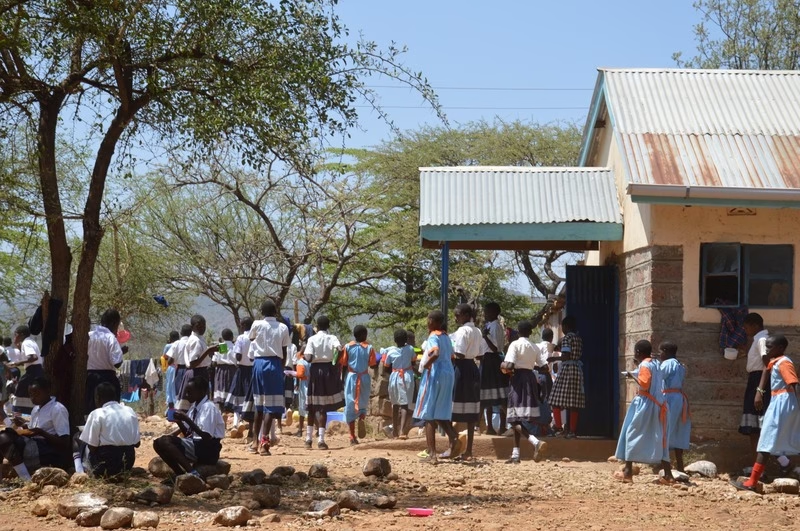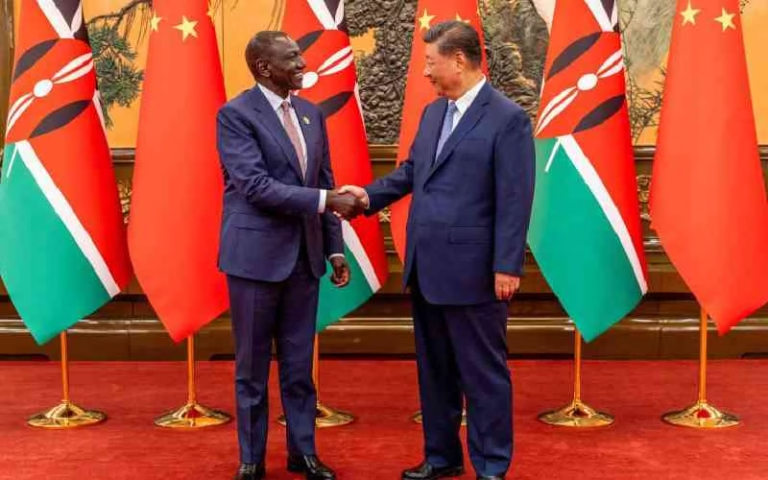
In many parts of the world, especially in some African countries like Kenya, parents are facing a serious problem when trying to get their children admitted into public schools. Although education in public schools is supposed to be free and fair for everyone, some school officials are secretly asking parents to pay large bribes to secure a place for their children.
These bribes can be very expensive, sometimes costing tens of thousands of shillings. Unfortunately, this growing problem is making education harder to access, especially for families who are already struggling financially.
Some parents are told that the school has no more space, unless they pay a “special fee” to get their child admitted. Others are asked to pay extra money for things like “motivation fees” or “appreciation gifts,” even though these payments are not approved by the government.
In more serious cases, there are reports of some schools selling admission letters to the highest bidder. This means that even if a child has performed well in their exams and deserves a spot, they may be denied admission simply because another family can pay more.
This kind of corruption is very harmful. First, it is extremely unfair to poor families who cannot afford to pay these illegal charges. Their children may be forced to stay home or go to less desirable schools. This widens the gap between rich and poor children and limits opportunities for those who need education the most. Second, it encourages a culture of dishonesty.
If children grow up seeing adults getting ahead by paying bribes, they may think that corruption is normal and acceptable. Lastly, it wastes public resources. Public schools are funded by the government using taxpayer money. When corruption spreads in schools, it takes away resources that are meant to help all children learn.
Governments and anti-corruption organizations are aware of the problem and are trying to fix it. In Kenya, the Ethics and Anti-Corruption Commission has warned school heads not to demand bribes and has encouraged parents to report such cases.
The Ministry of Education has introduced a digital system called NEMIS to keep track of students and make school admissions more transparent. However, many parents are still afraid to speak out because they worry their children will be punished or lose their chance at education.
To solve this problem, stronger action is needed. The government must regularly check schools to make sure they are following the rules. Parents should be educated about their rights so they are not easily tricked or taken advantage of.
There should also be safe ways for people to report corruption without fear. And most importantly, school officials who ask for bribes must be punished, so that others are discouraged from doing the same. Education is a right, not a privilege for the rich. Every child deserves a fair chance to go to school and learn, without their parents being forced to pay illegal bribes. Only by working together governments, parents, and communities can we end this unfair system and build a better future for all children







It’s heartbreaking to see how corruption is robbing children of their right to education, especially in places like Kenya. The fact that parents are forced to pay bribes for something that should be free is deeply unfair. How can we expect to build a better future when the most vulnerable are being pushed aside? I wonder if there’s a way for communities to come together and report these practices more effectively. Do you think stricter penalties for those involved would make a difference? It’s frustrating to see how this cycle of dishonesty is being passed down to the next generation. What steps can we take to ensure that education remains a right, not a privilege?